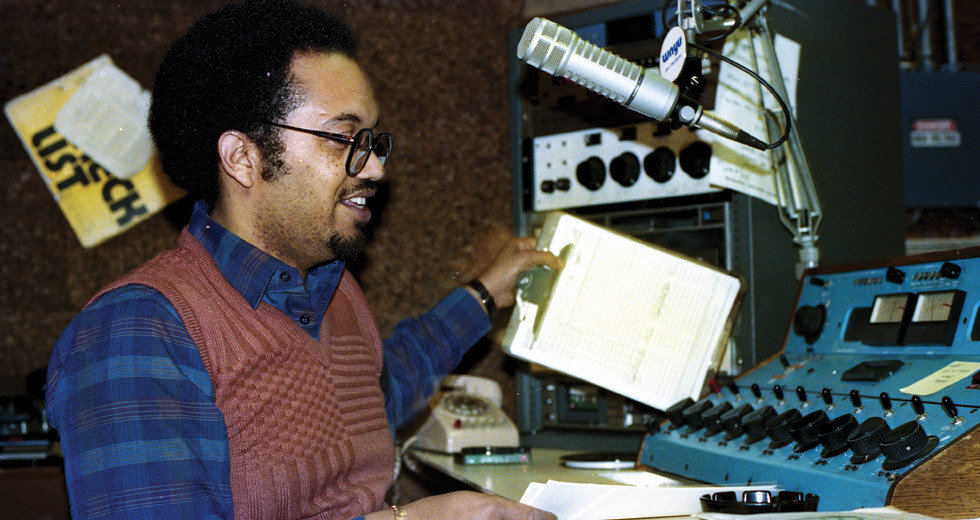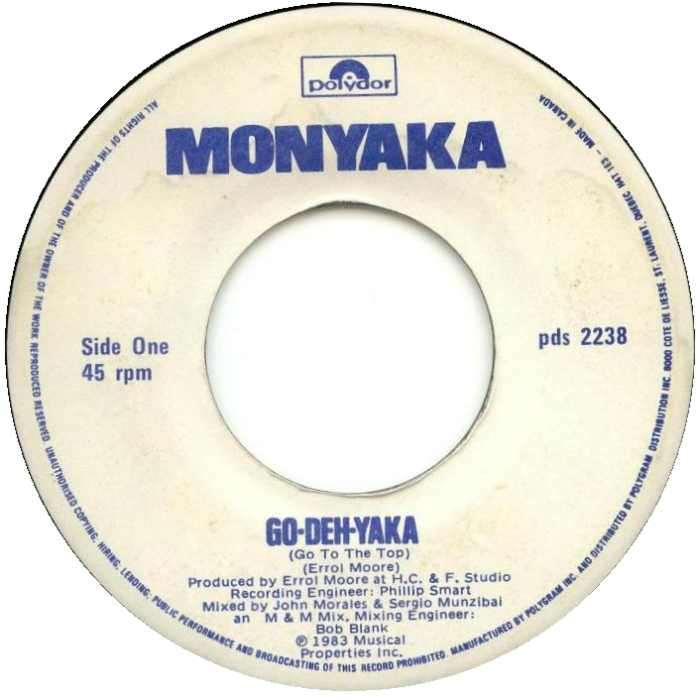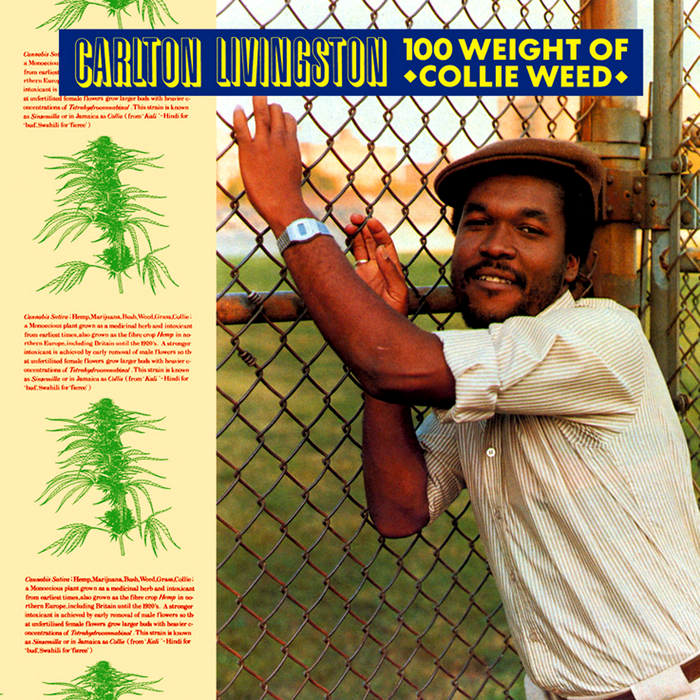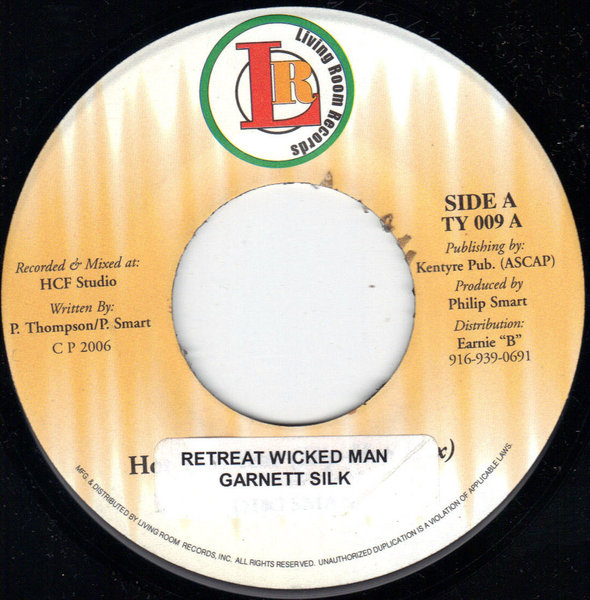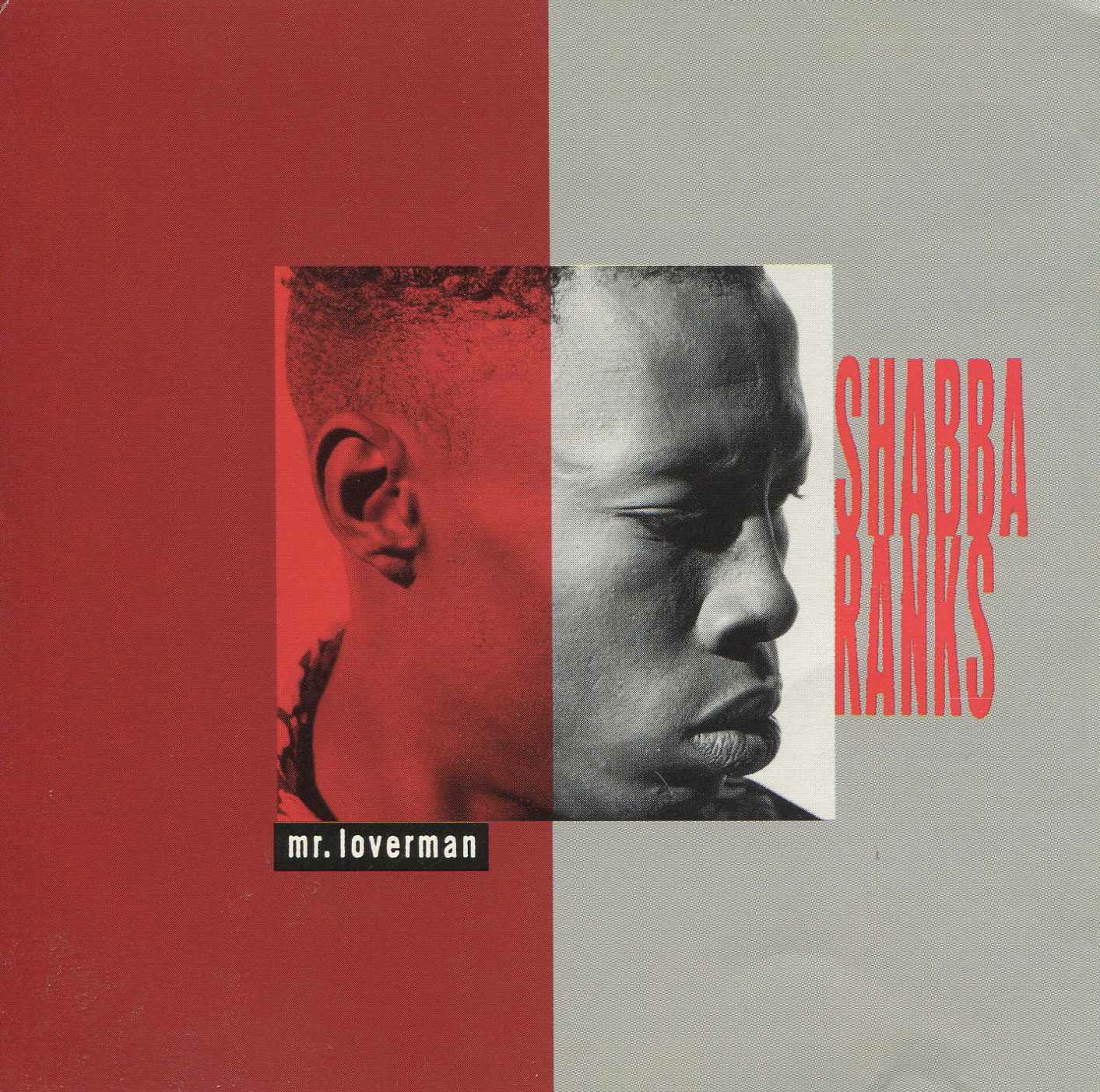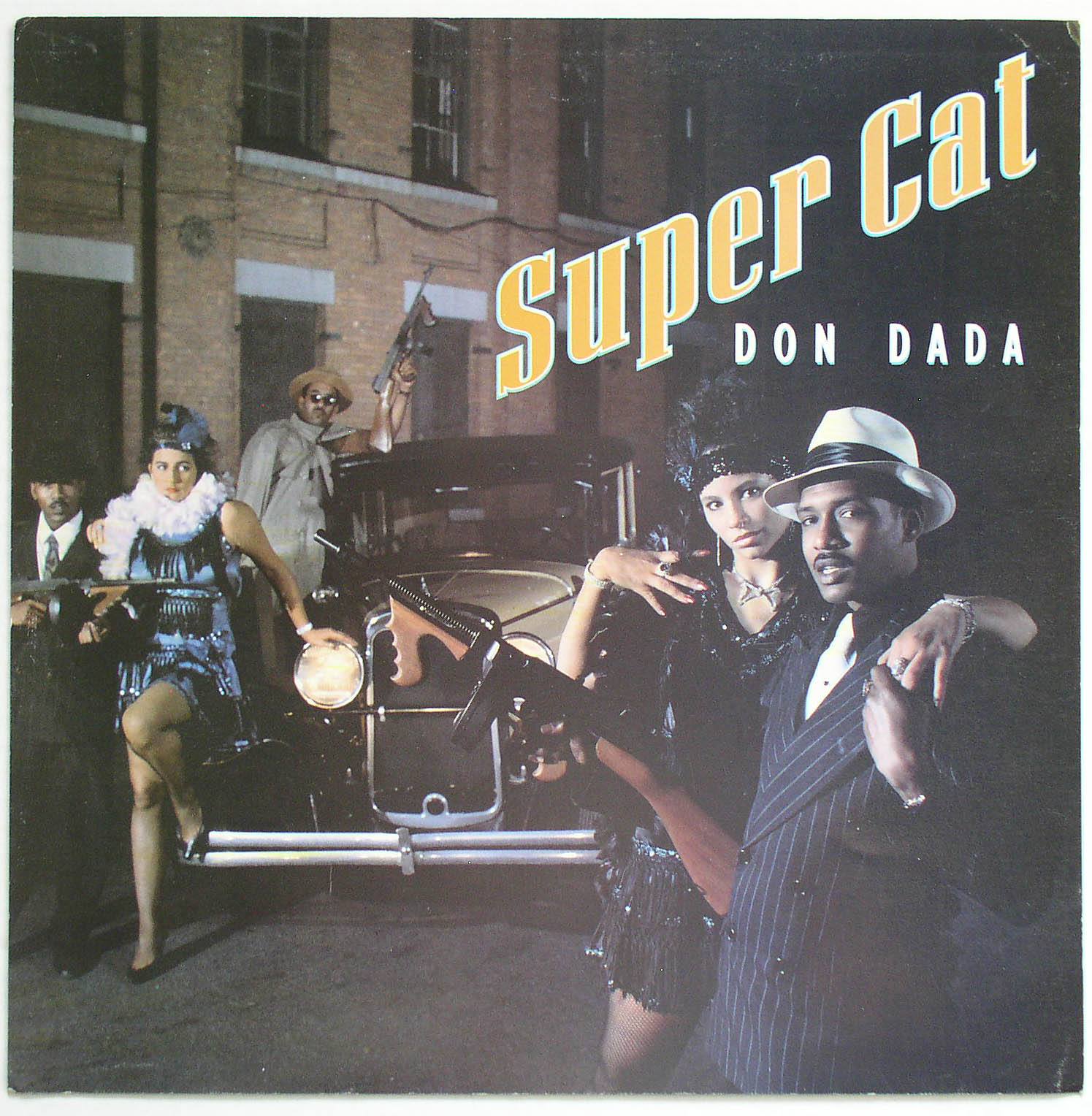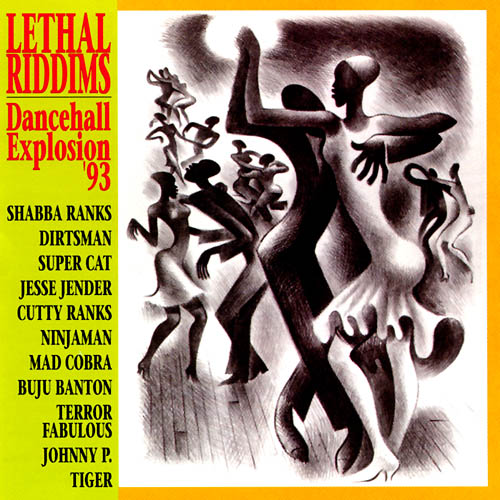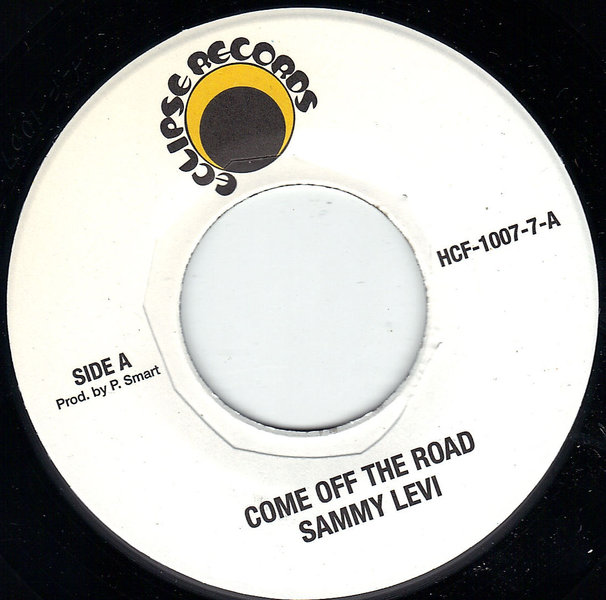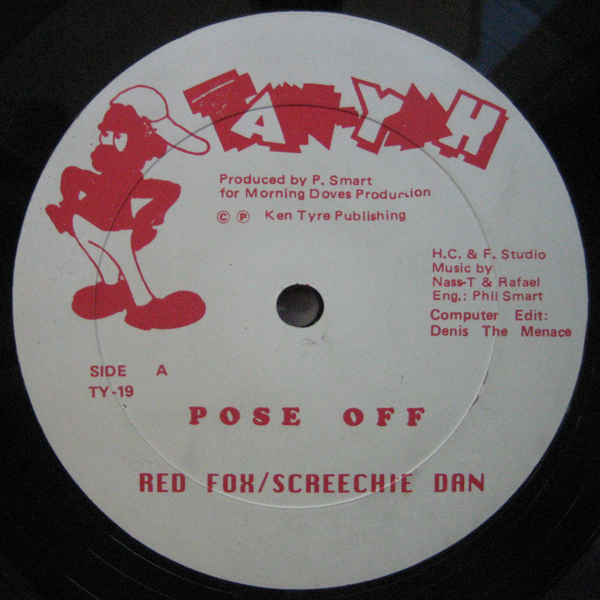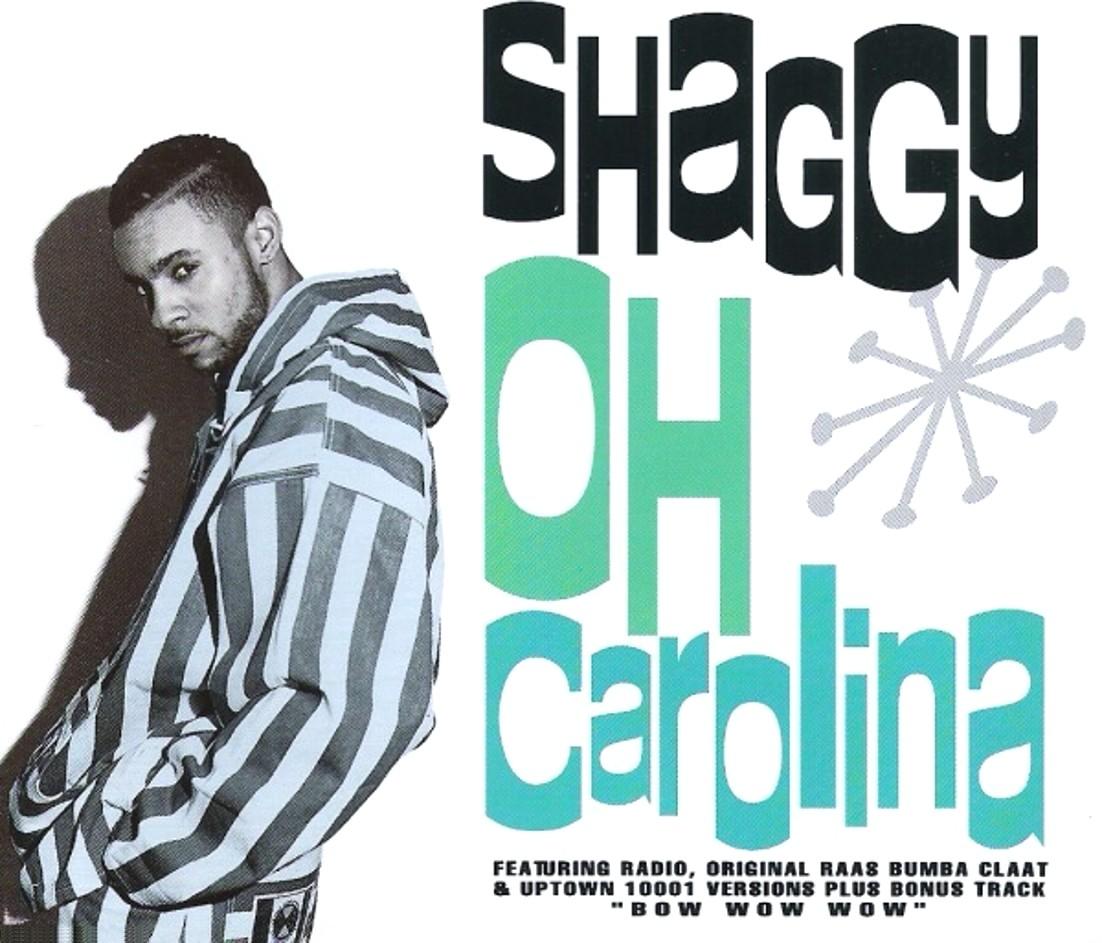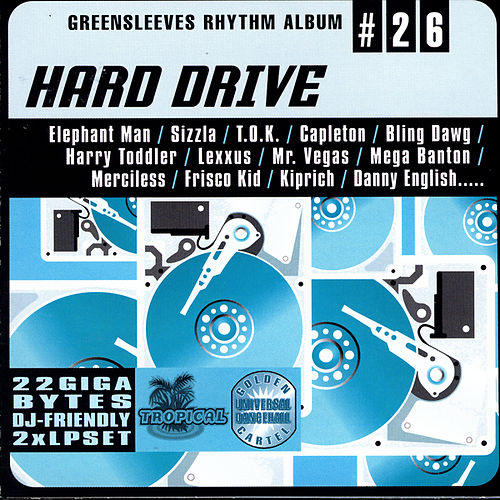Words by Saxon Baird—
Philip Smart, veteran reggae/dancehall producer and engineer and the mastermind behind the New York’s most notable reggae recording facility, HC&F Studios, has passed away at the age of 54.
The name Philip Smart may not be immediately recognizable to many fans of Jamaican music. But that may be due more to his long-time residency outside of Jamaica than his lack of contribution to Jamaican music for the past three decades.
Smart’s Long Island-based HC&F Studios made a name for itself recording hits such as Barrington Levy’s “Murderer” and Carlton Livingston’s “100 Weight of Collie Weed” in the early ‘80s with Smart at the controls, establishing HC&F as a required stop for visiting Jamaican artists. The studio would go on to record massive hits like the original cuts of Shabba Ranks “Mr. Loverman” and Super Cat’s “Don Dada” as well as popular riddims into the early 2000s like “Hard Drive” and “Hot This Year.”
Smart’s HC&F studio was foundational in establishing and cultivating New York City’s often-overlooked but thriving dancehall scene in the ‘80s and ‘90s. Labels like Jah Life and Witty regularly utilized the studio to record while international superstar Shaggy would record some of his biggest hits with Philip Smart behind the soundboard.
Smart was born in Kingston and first cut his teeth working with Augustus Pablo at King Tubby’s studio where he witnessed sessions that would comprise King Tubby Meets Rockers Uptown. Smart began assisting for Tubby and eventually mixed the tracks for Johnny Clarke’s “None Shall Escape the Judgment.”
Smart relocated to New York in the late 70s, and eventually founded HC&F Studios in the Long Island, New York town of Freeport, just outside New York City. The studio found its niche at the dawn of the digital dancehall-era, becoming a mainstay for years to come. In 2005, LargeUp editor Jesse Serwer visited HC&F for the XLR8R feature “Philip Smart In The Studio.”
“Dancehall represents originality to me in terms of music production,” Smart said at the time. “But I think the original era of reggae needed to be represented.”
Just last year, in an article for Red Bull Music Academy, Smart expressed his thoughts on the future of Jamaican music and showcased his desire to help it continue to evolve, stating, “Everybody’s searching right now but I don’t think anybody has really found it […] but we’re searching for something that’s gonna be different. Maybe it will happen and become a new era of reggae.”
In honor of Smart’s legacy, we’ve pulled together (along with some help from Deadly Dragon Sound) both deep cuts and colossal hits from HC&F’s massive list of recording credits. Read on.


